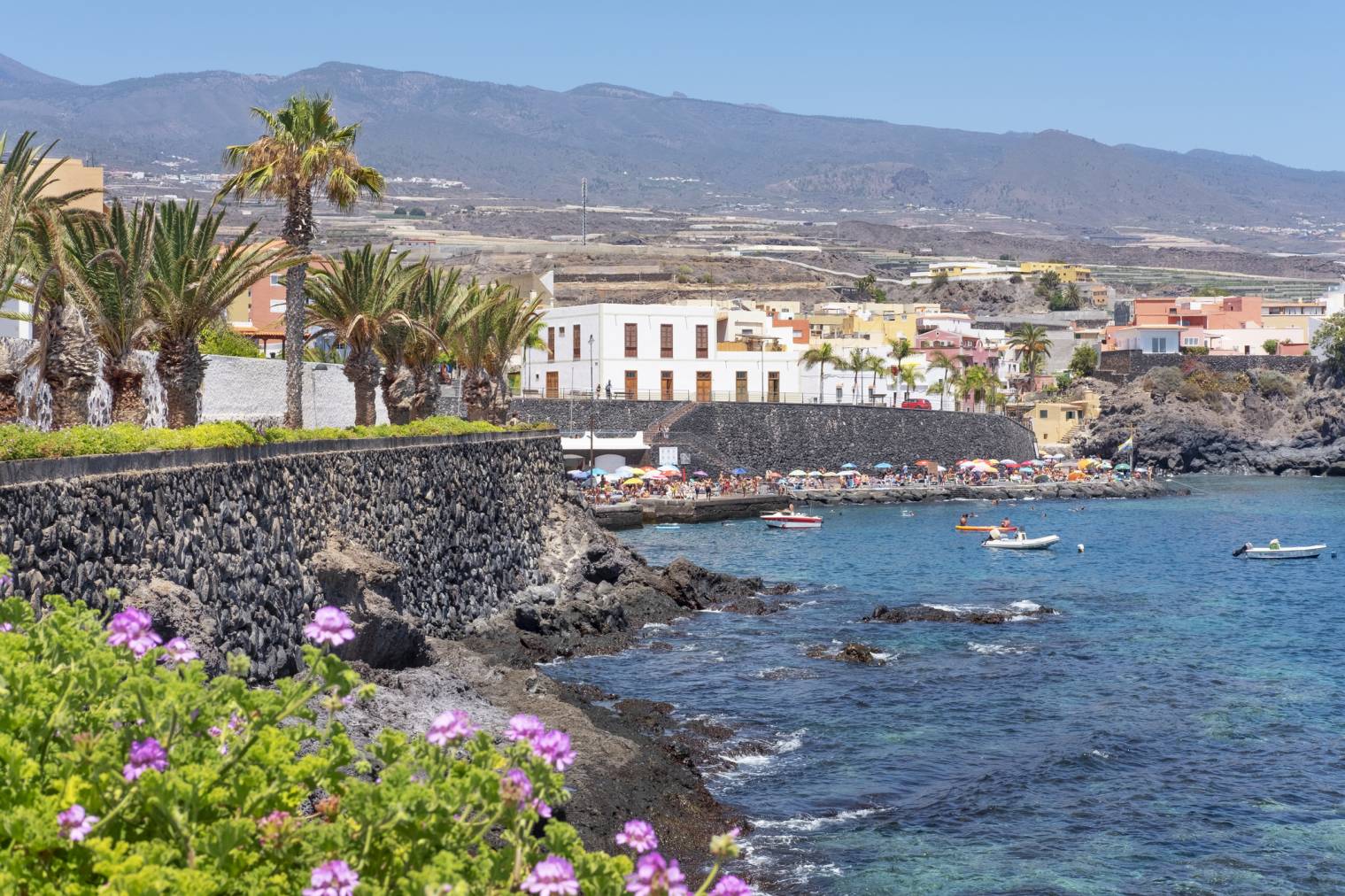Being a Spanish resident: advantages and disadvantages in real estate

Are you tempted to live under a constantly blue and sunny sky? More and more foreigners are choosing to make Spain their permanent home. The country is known for its incredibly rich cultural, geographical and gastronomic heritage. It has a number of modern infrastructures and you benefit from a mild and generous climate all year round. What are the advantages and disadvantages of living in Spain?
The notion of residence in Spain
The notion of residence in Spain of natural persons is defined by Article 9 of the Income Tax Act 35/2006 (IRPF). This sets out the conditions under which a person may be resident for tax purposes in that State. Thus, you are considered a Spanish resident if:
- You stay in Spain for more than 183 days during the calendar year;
- You establish in the country the main centre or base of your economic or business interests (directly or indirectly);
- Your spouse and children (minors who are still dependent on you) live in Spain.
Note that you only need to meet one of the conditions listed to obtain residence status in Spain.

What are the advantages of being a Spanish resident?
A popular holiday destination for many tourists, the Iberian Peninsula is also a welcoming place for foreigners who want to settle down permanently. Not only does it offer a pleasant climate and an incomparable quality of life, but the cost of living is also affordable. The geographical, cultural and gastronomic diversity of Spain is incredible and the friendliness of its people is also exceptional. Becoming a Spanish tax resident allows you to benefit from a number of advantages in several areas, particularly in the property sector.
The purchase of a property
The Spanish property market is very attractive for foreigners moving to Spain. The cost of real estate fell drastically (by around 30%) after the economic crisis of 2008 before increasing first in 2014 and then in 2018. But despite this increase, prices in Spain remain very attractive. Thus, you can be sure to get an affordable rate if you want to buy a property in areas such as Empuriabrava, Roses, Lloret de Mar or Playa De Aro. In addition, as a Spanish resident, you benefit from a very interesting and competitive tax system. The tax cost varies depending on whether the property is new or old, its location and its purchase price.
After the purchase, you have to pay annual taxes such as the IBI (Impuesto sobre Bienes Inmuebles) and the wealth tax. The latter only affects households with assets worth 700,000 euros or 1 million euros if the property purchased is used as a main residence. When you decide to sell your property, you must pay capital gains tax. As a Spanish resident, you are subject to IRPF and will be taxed at 19% on the first 6,000 euros of capital gains. However, it should be noted that :
- you receive a tax rebate if the property was used as your main residence and you use some or all of the funds to buy another property in an EU country. This is within 2 years of selling the first property;
- you do not pay tax if the property sold was your main residence and you are over 65 years old.
Renting a property
Renting out your property is a fairly profitable business in Spain. Indeed, the annual and seasonal rental demand in Spain is constantly increasing. Spanish residents who own property in Spain can therefore consider this option as a way of generating additional income. As with the purchase of the property, resident owners benefit from a fairly advantageous tax system.
In the case of standard rentals, current costs (insurance, maintenance, bills, etc.) can be deducted from the gross rental income. Moreover, as a Spanish resident, you benefit from a 60% tax deduction on these. This is not the case for temporary rentals, which are taxed on net rental income.
Real estate succession
When buying a property in Spain, you must think about the transmission of your assets. The tax that is applied to inheritances and donations is called "Impuesto de Sucesiones y donaciones". The tax rates vary from 7.65% to 34% depending on the value of the property and its location in Spain. Indeed, this taxation is not the same in each of the 17 autonomous communities of the Iberian Peninsula. And these communities can offer certain tax advantages to their population.
Thus, on 23 April 2019, Andalusia proceeded to virtually abolish the Impuesto de Sucesiones y donaciones for residents with a 99% bonus on this tax. But before this region, 6 other autonomous communities had already implemented this measure. These are the Community of Madrid, the Canary Islands, Extremadura, Cantabria, Murcia and Rioja.

What are the disadvantages in terms of property?
Living in Spain can involve some risks, especially when buying property. The 2008 banking crisis hit the Iberian Peninsula hard. This had a negative impact on a number of sectors, such as the bursting of the real estate bubble that began in the early 2000s. Several property developers went bankrupt during this major economic downturn. This is evidenced by the large number of unfinished and obsolete buildings that are often found in some parts of the country.
In addition, many housing programmes have difficulties in finding tenants. Residents wishing to buy a home can easily be ripped off. Therefore, they are advised to be cautious when dealing with real estate in Spain and to use a real estate agency that is well established in the region to avoid falling into these traps.
Living in Spain has several positive points for foreigners who dream of the sun. In addition to the pleasant climate and the incredible quality of life that the country offers, Spanish residents enjoy many advantages in terms of real estate. However, it is important to be cautious in order to avoid the scams and inconveniences they may encounter when buying a home.
Please complete the form by clicking below and our advisers will get back to you as soon as possible to discuss your project.
You can also contact us at +34 872 268 850








